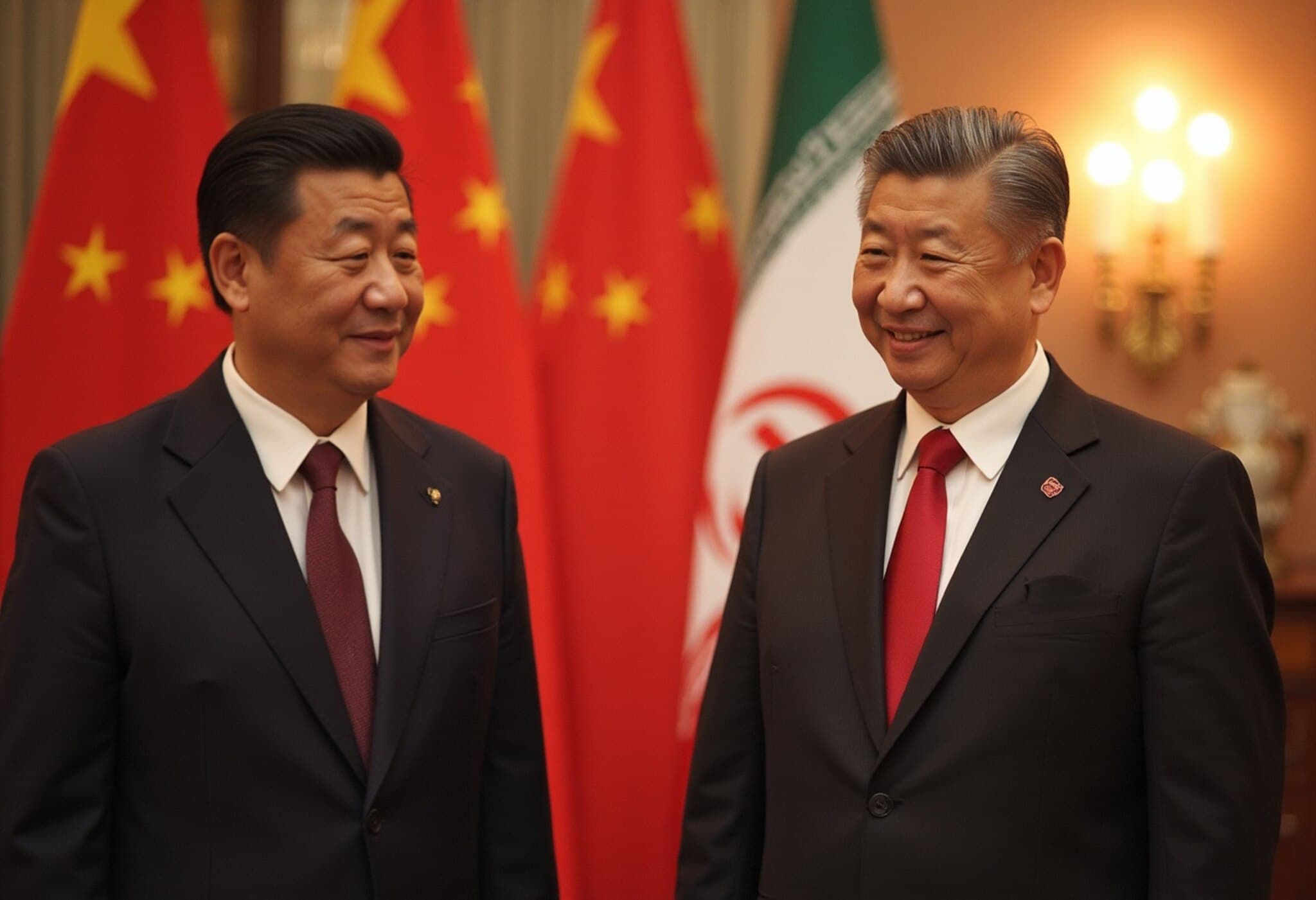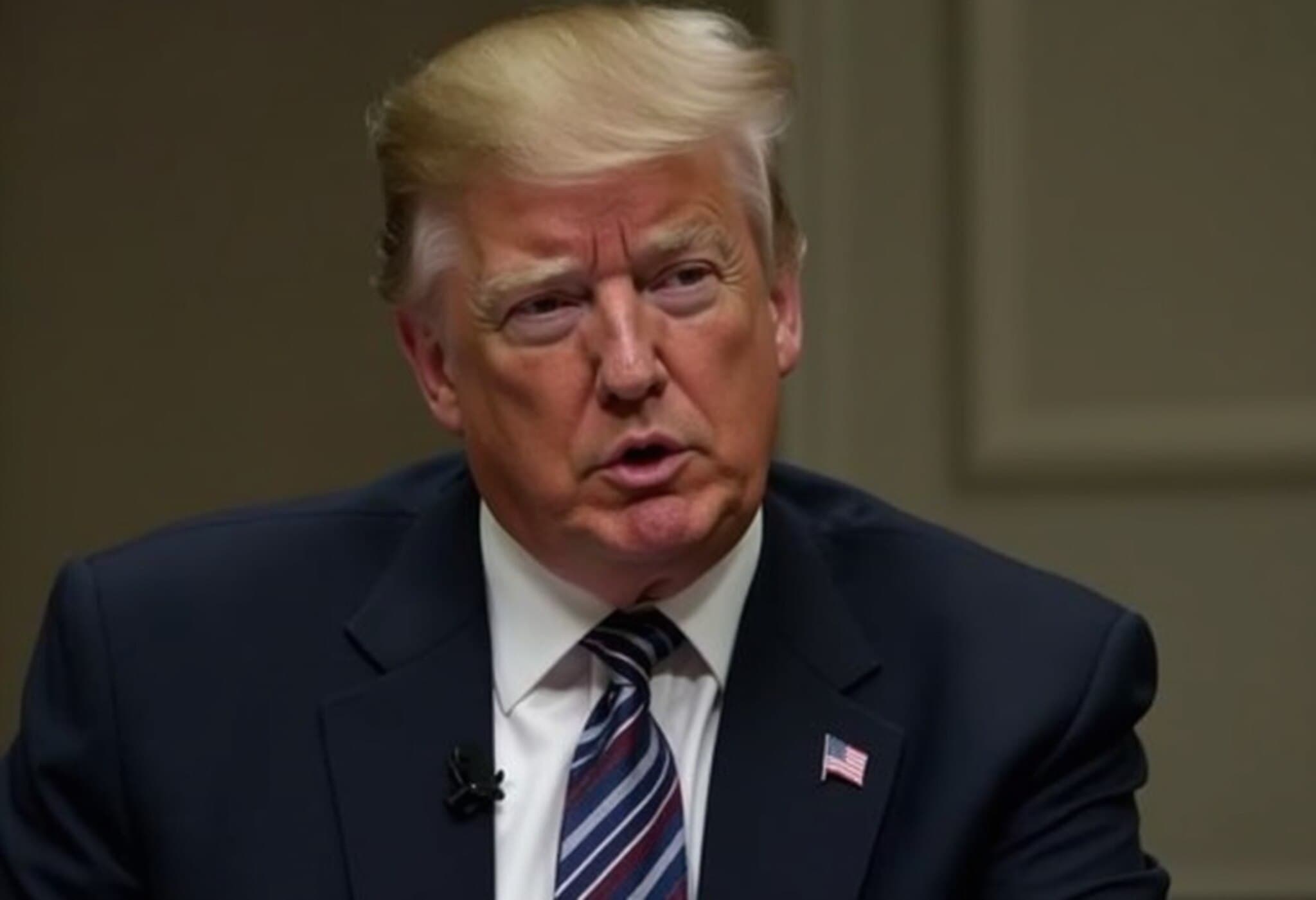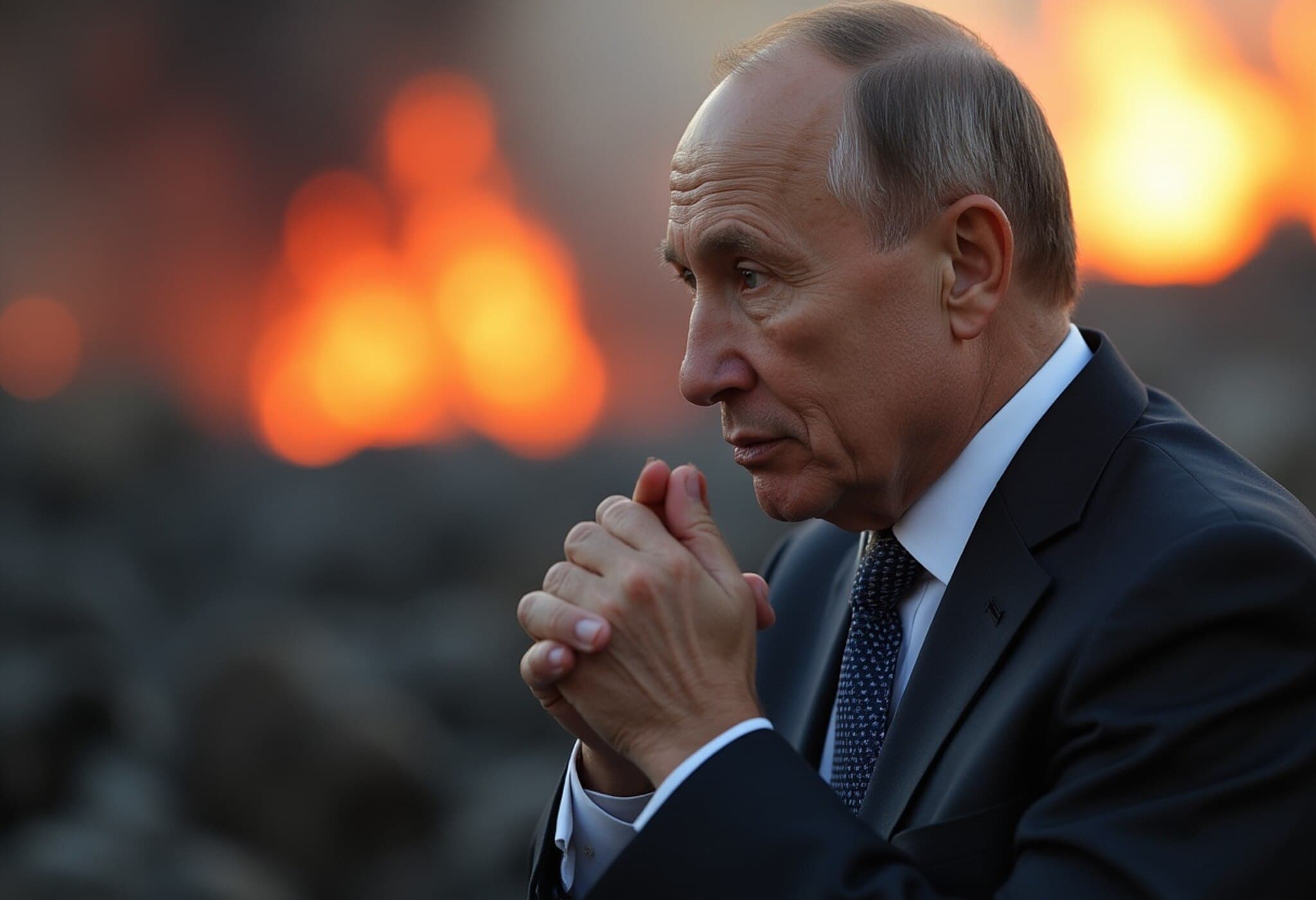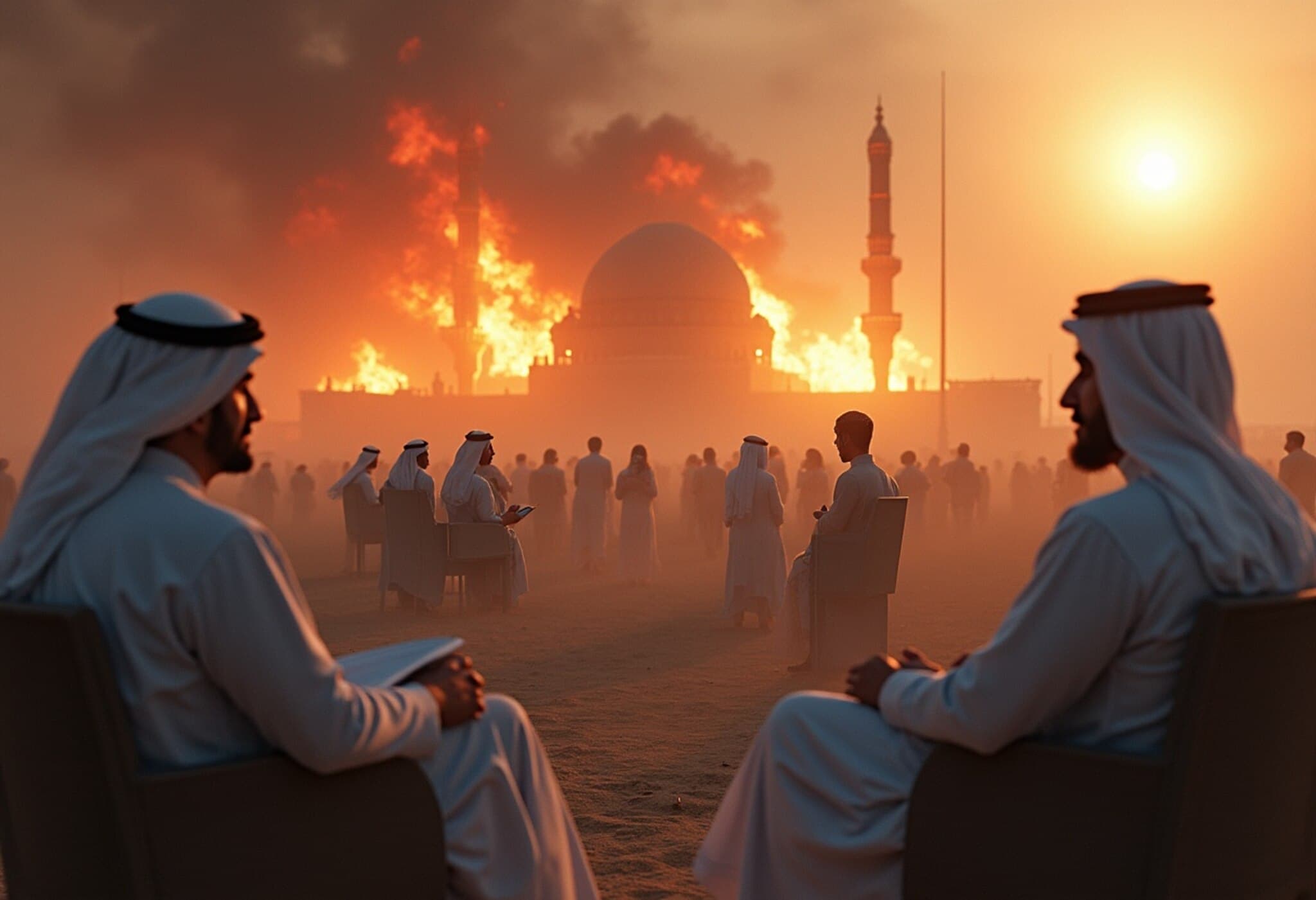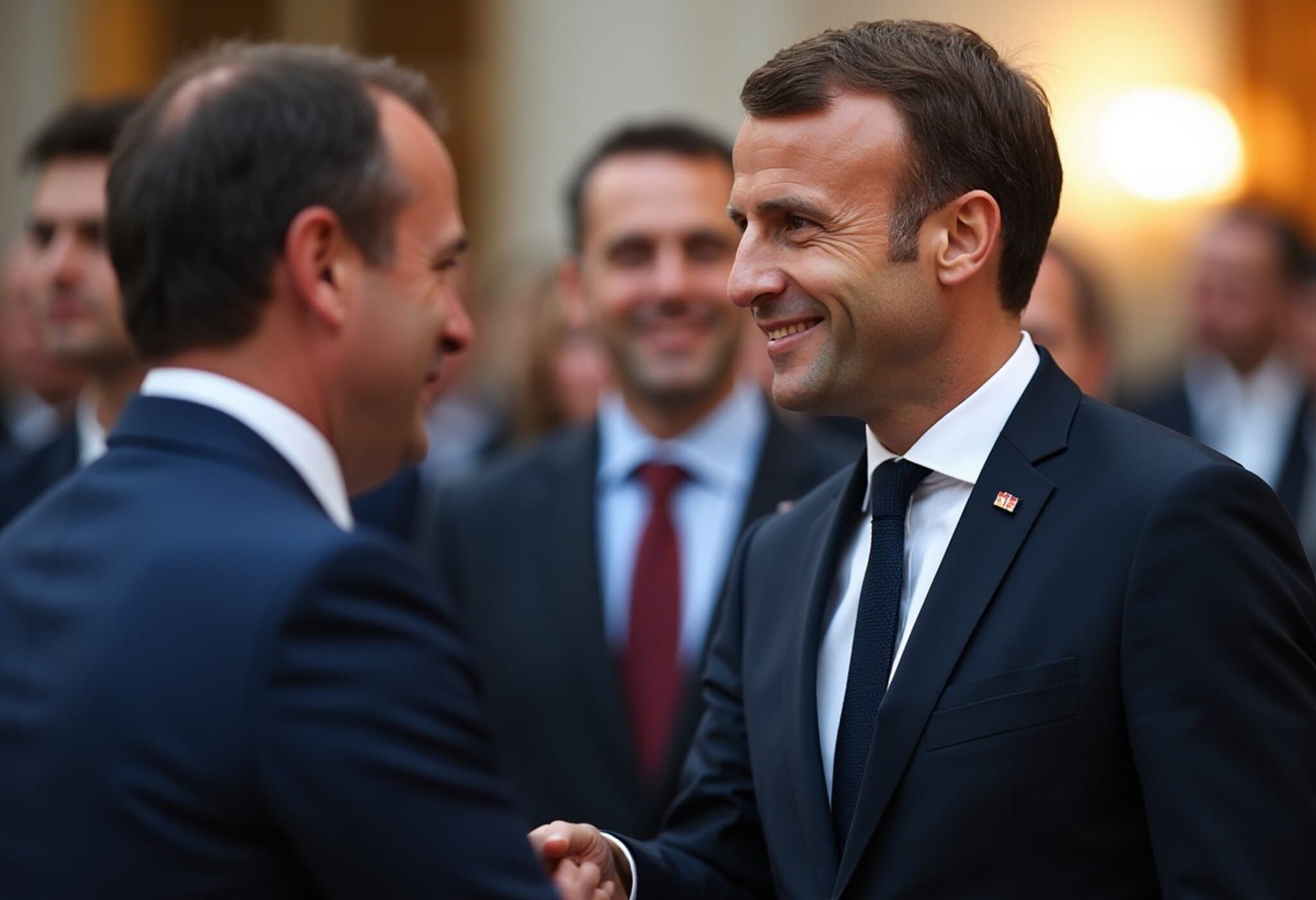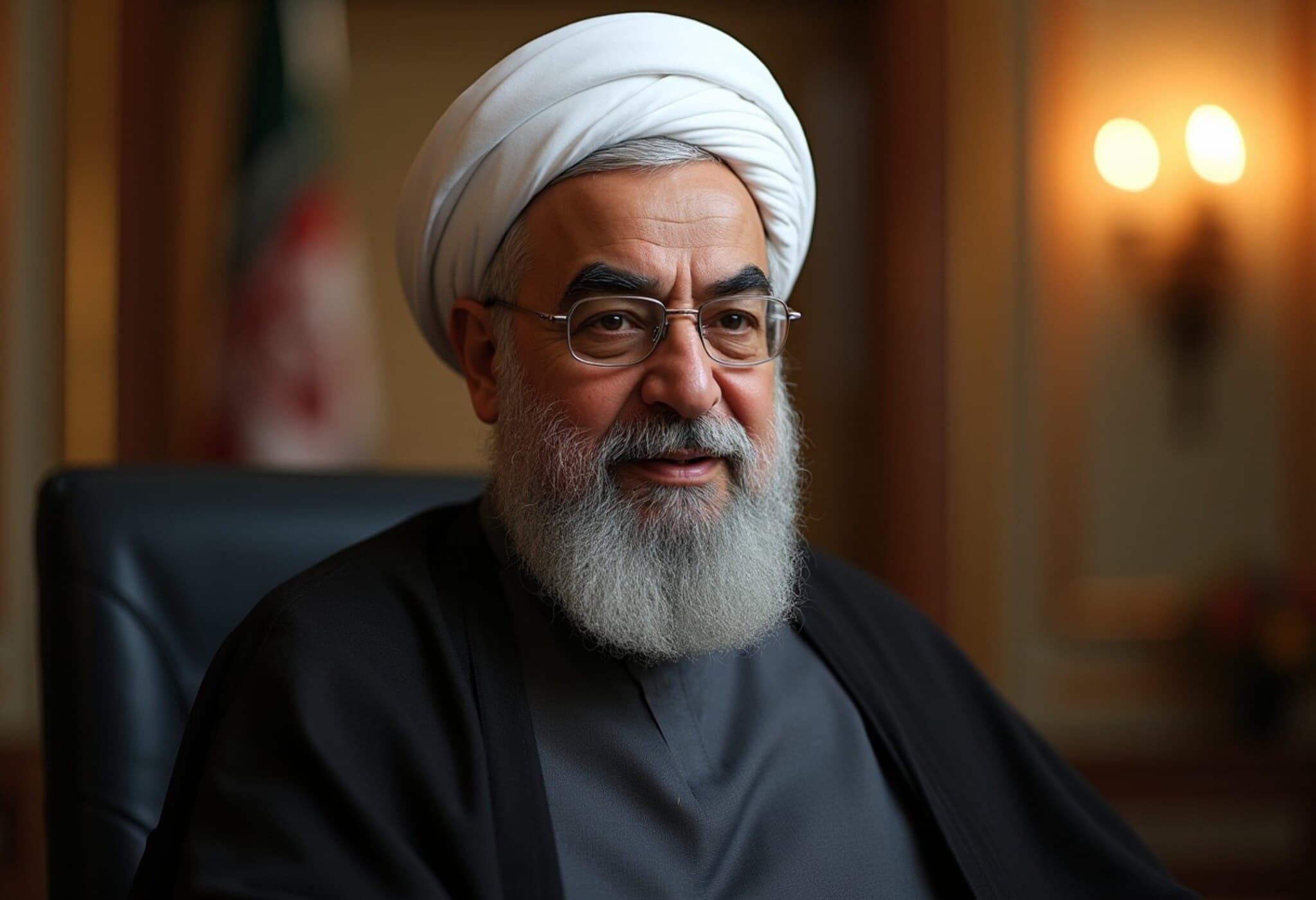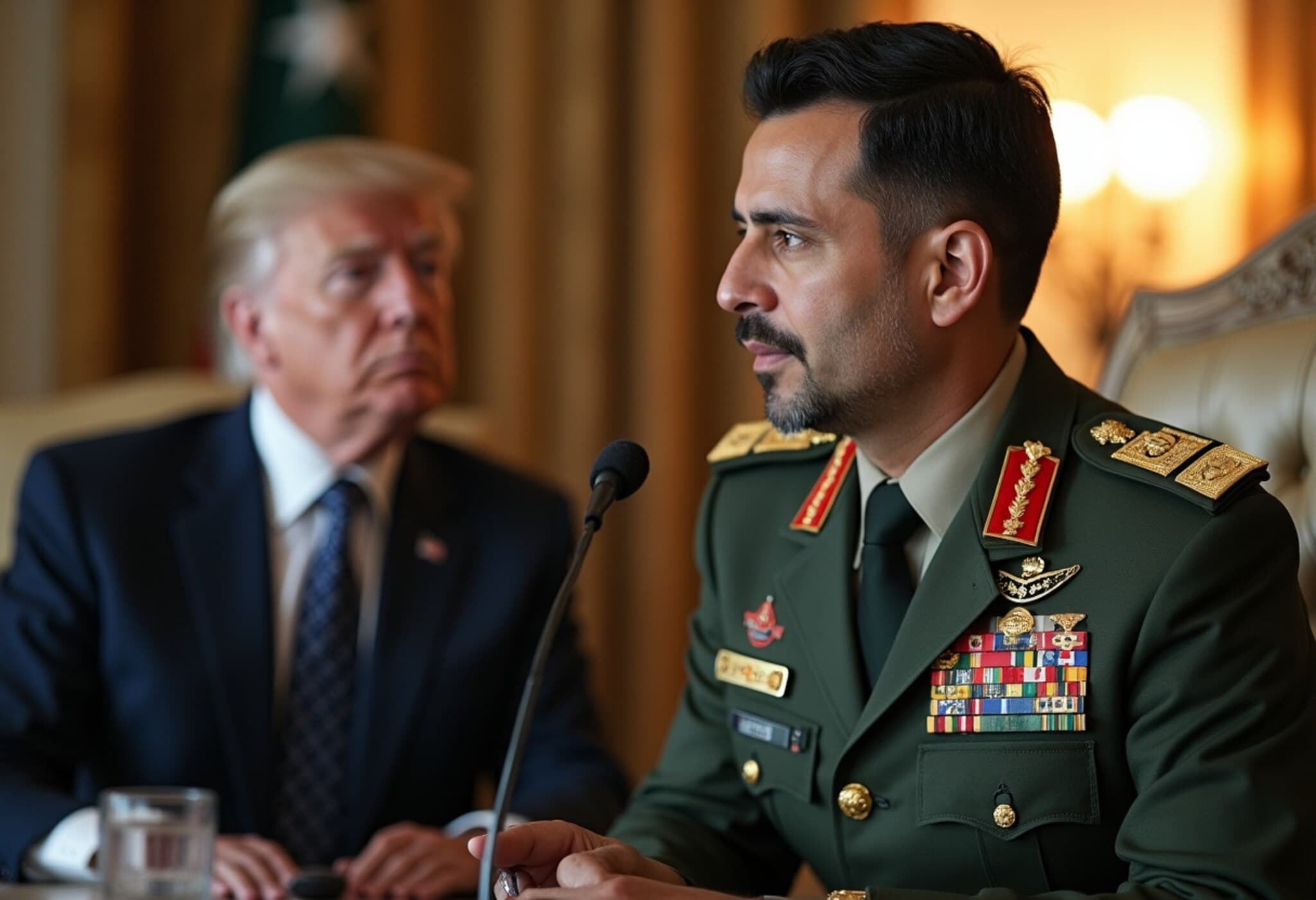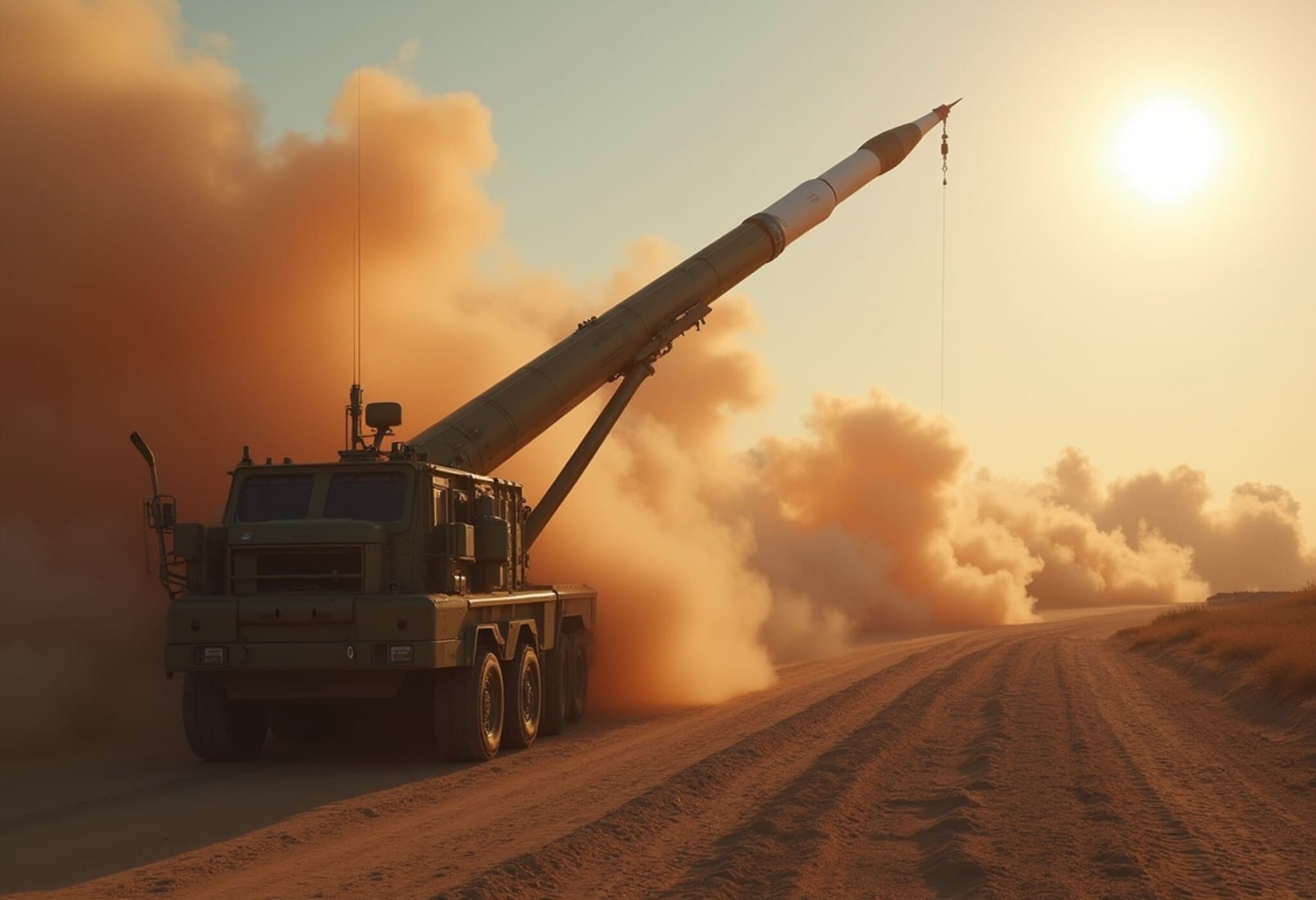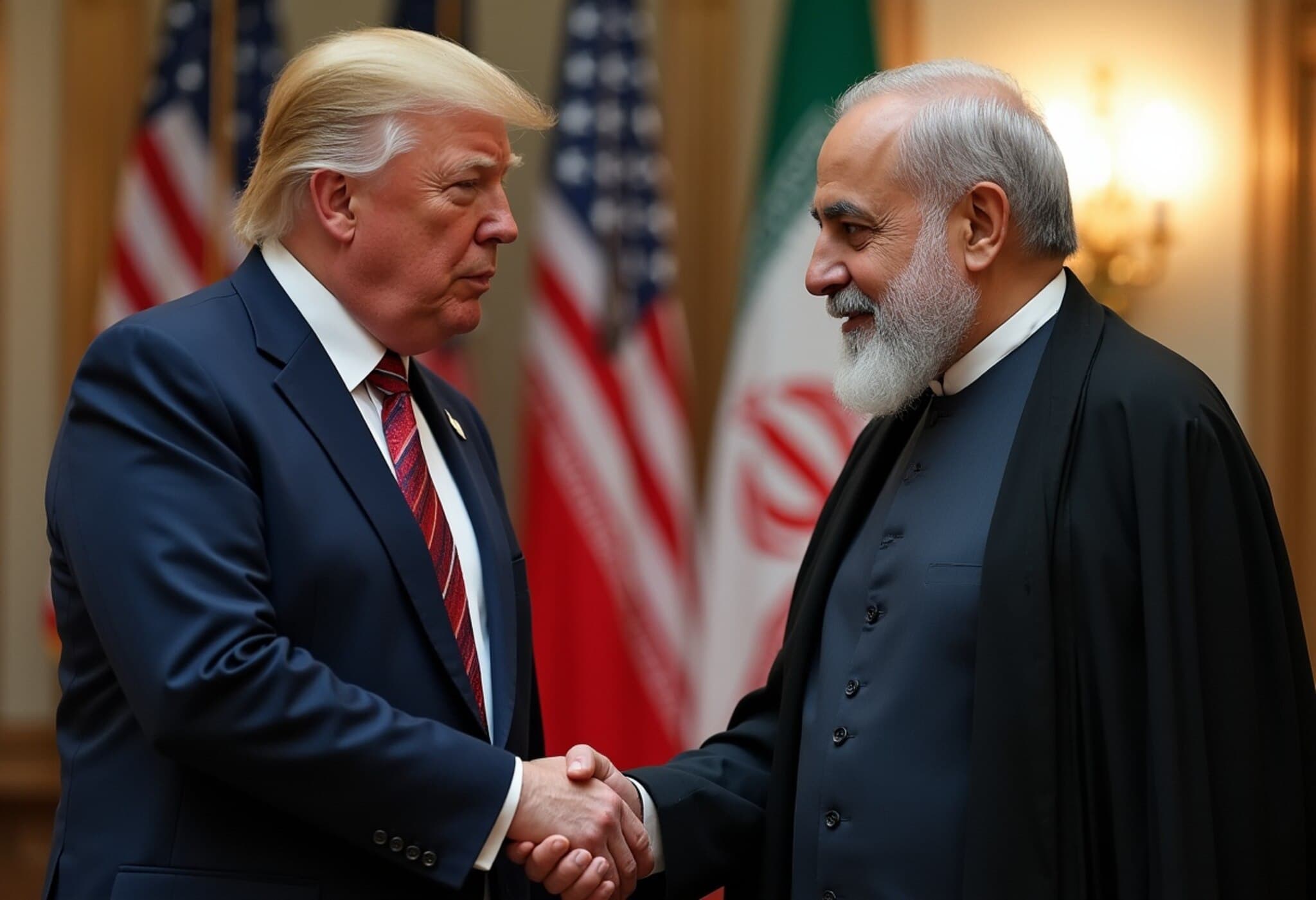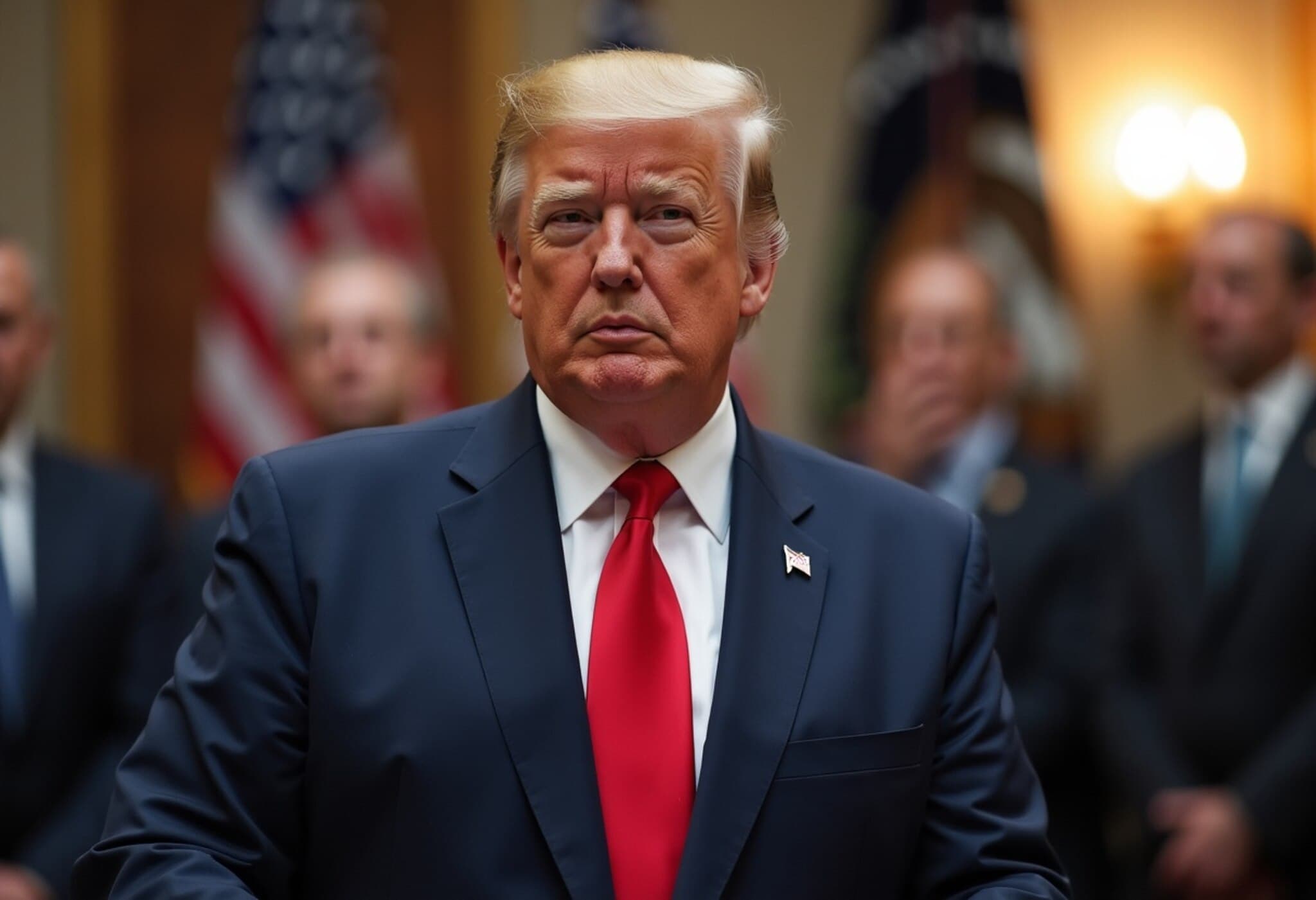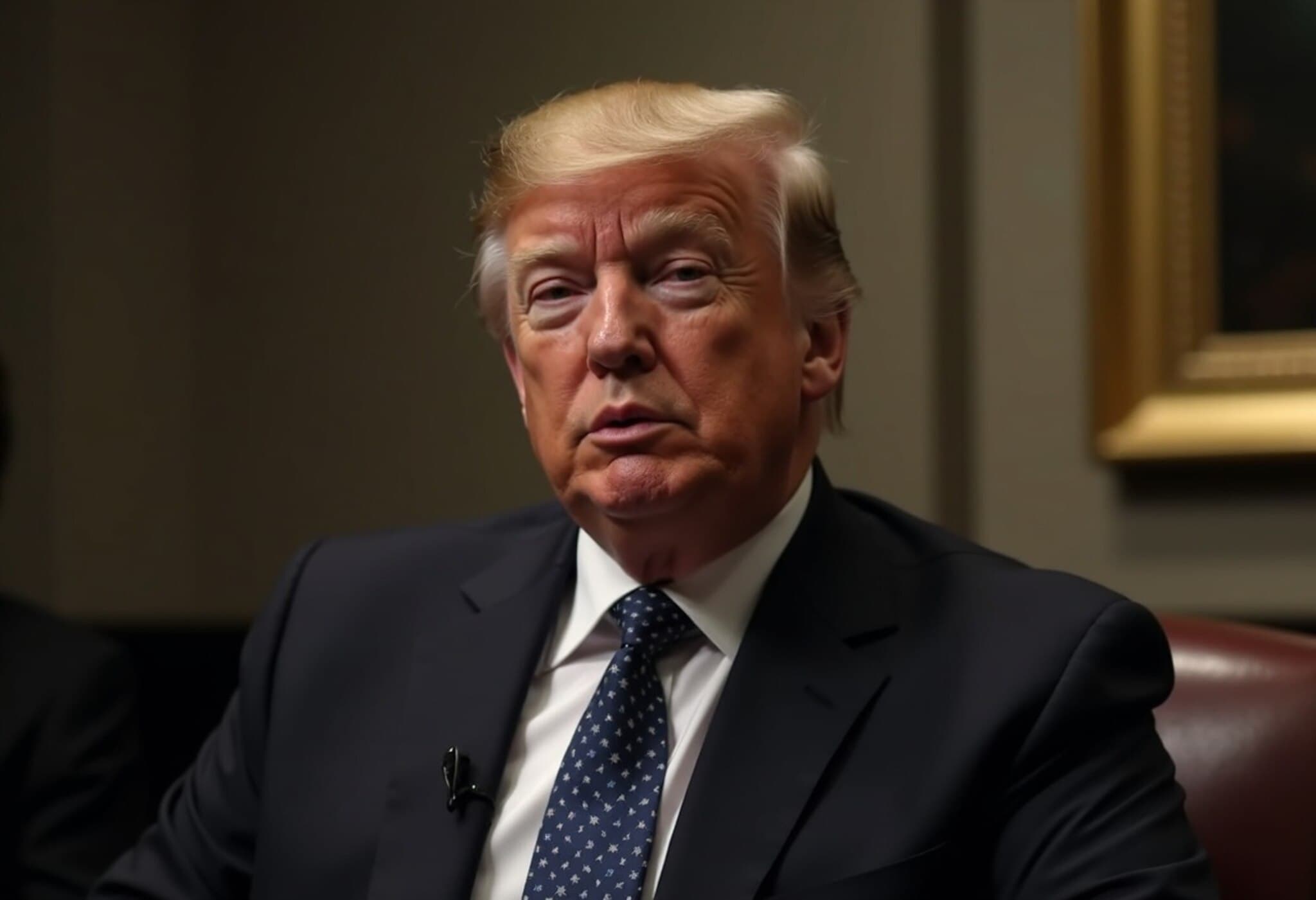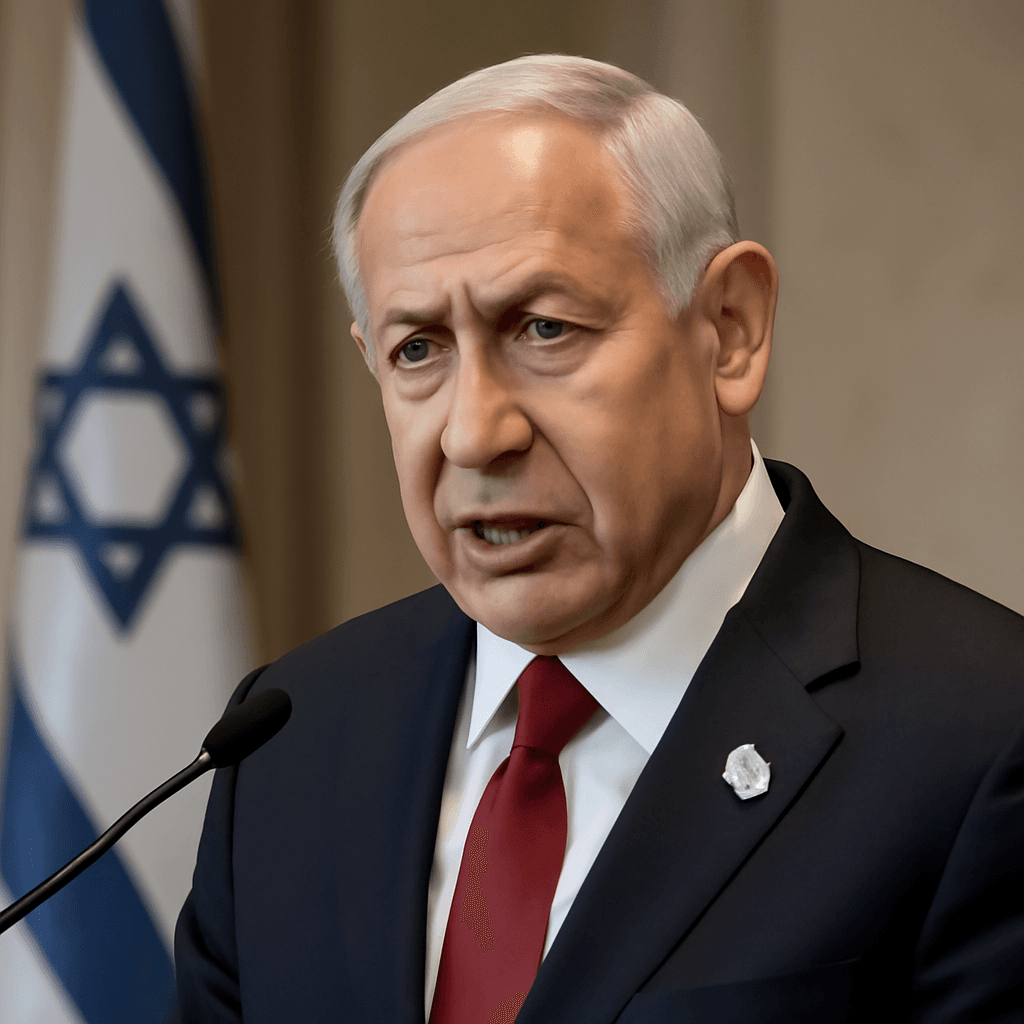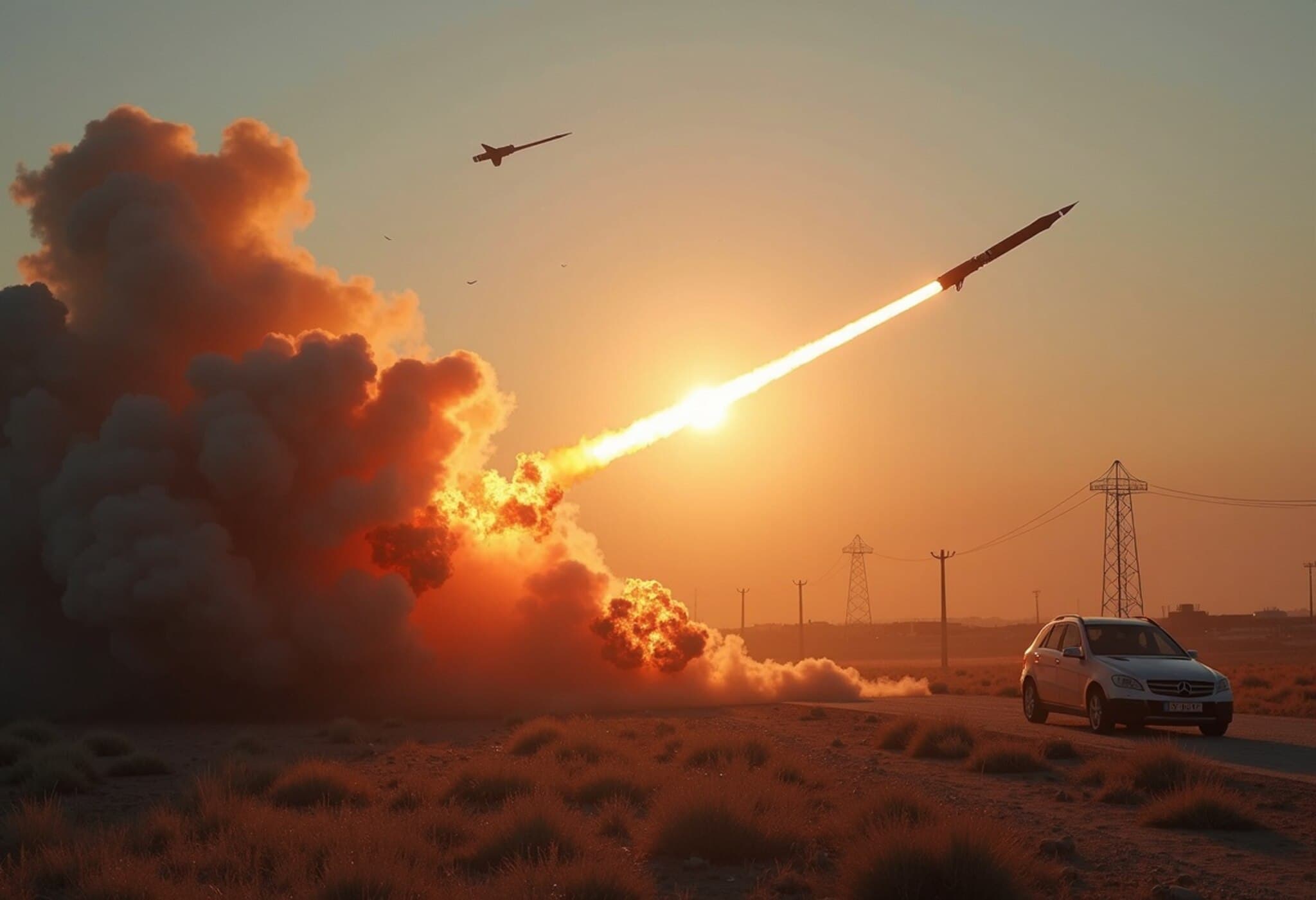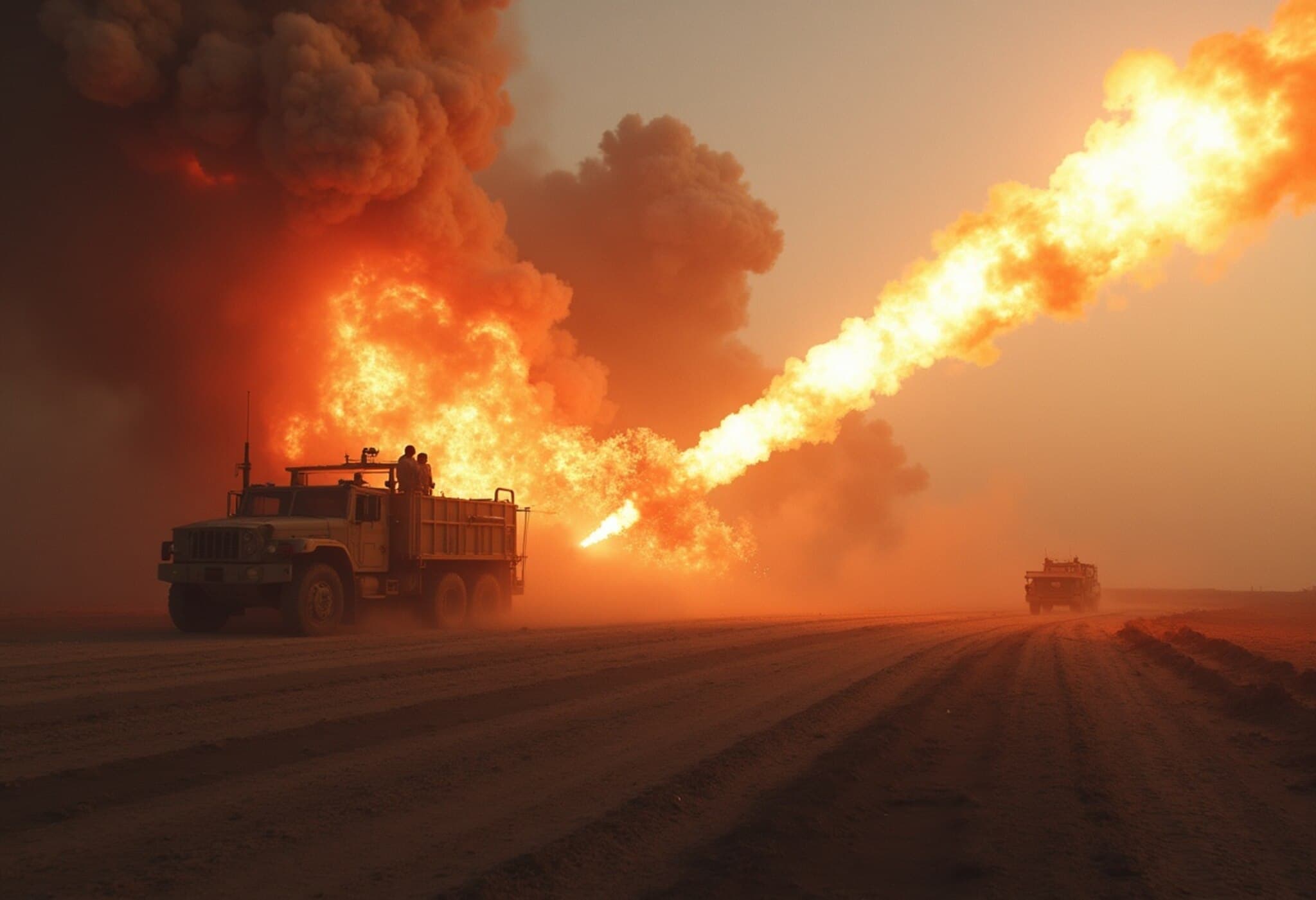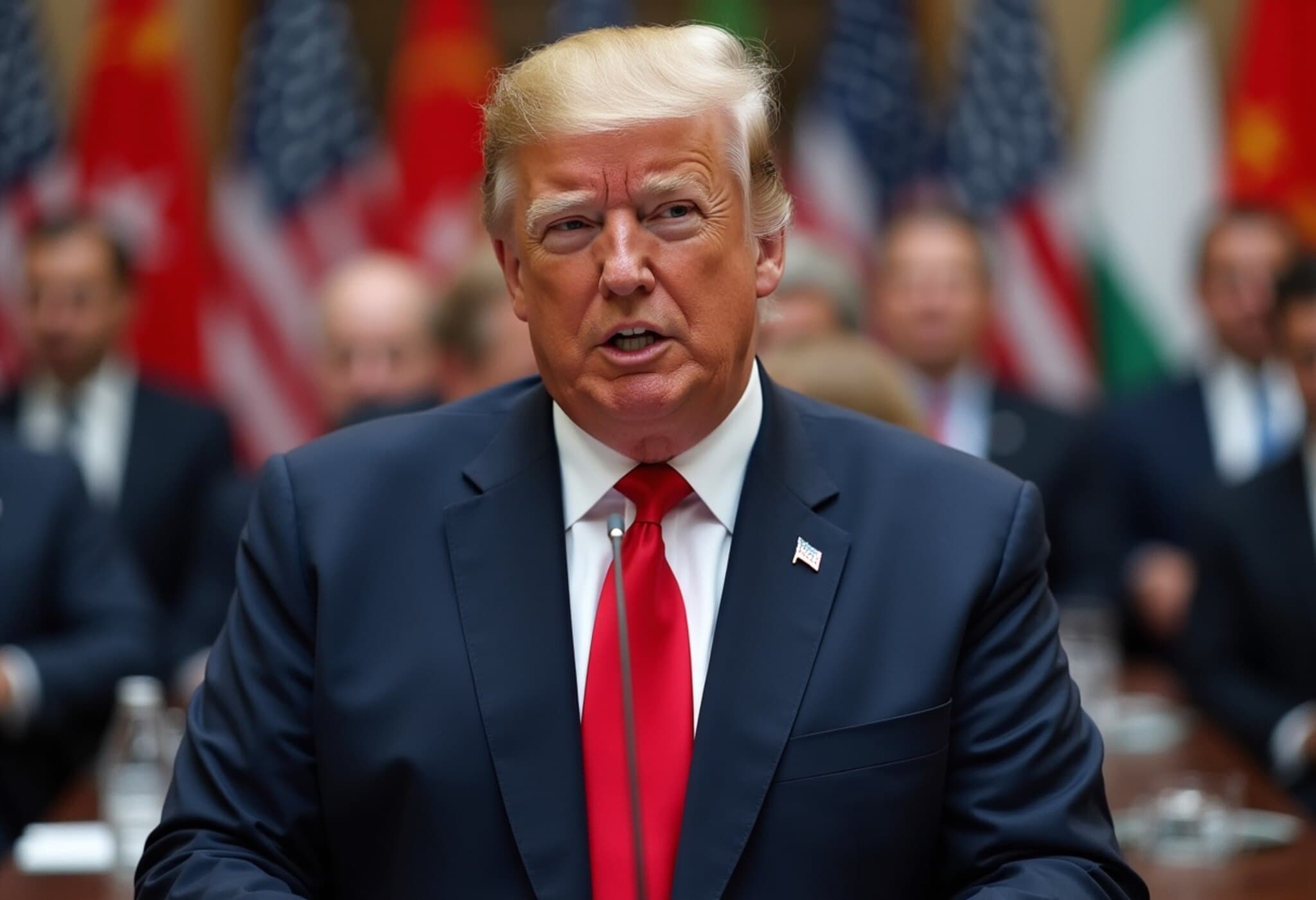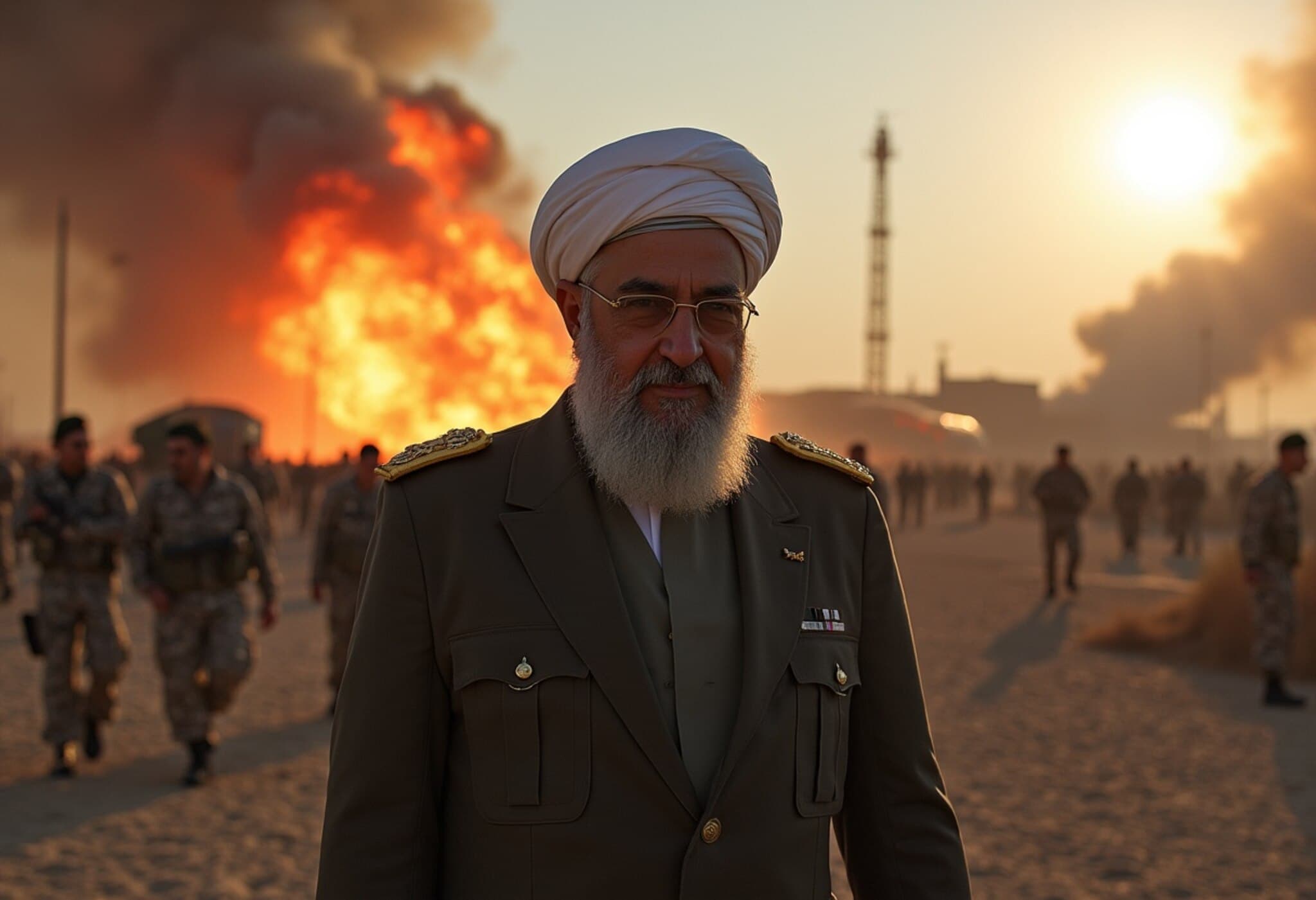China's Strategic Restraint in the Israel-Iran Crisis
As the conflict between Israel and Iran intensifies with Israel targeting Iranian military and nuclear sites, China has adopted a notably cautious stance. Despite a longstanding strategic partnership and robust economic ties with Tehran, Beijing has refrained from any direct military involvement, emphasizing diplomatic rhetoric over decisive action.
Rhetorical Support, No Military Intervention
Chinese officials have publicly condemned the Israeli strikes and expressed support for Iran’s sovereignty but stopped short of pledging military aid or intervention. President Xi Jinping has called for dialogue and condemned the attacks, yet no evidence suggests a shift towards supplying weapons or strategic assistance to Iran. This cautious approach highlights China's priority: avoiding entanglement in a conflict involving the US-backed forces in the region.
Why China Holds Back: Strategic and Economic Interests
The tension between Israel and Iran marks one of the most serious external threats Iran has faced since its 1979 revolution. However, China's reluctance to escalate involvement stems from two main considerations:
- Economic self-interest: While more than 90% of Iran’s oil exports are funneled to China, this accounts for less than 1% of China’s overall trade. OPEC+ nations and alternative suppliers can fill any potential supply gaps.
- Risk avoidance: China’s long-standing policy of non-interference discourages engagement in foreign conflicts, especially those involving a nuclear-armed US ally and complicated geopolitical stakes.
The Energy Dimension
China’s energy security remains a critical factor. Nearly half of its crude oil imports transit through the Strait of Hormuz, a vulnerable chokepoint. A prolonged conflict risking this passage could have dire consequences. Yet, China’s diversified energy strategy helps buffer against such disruption, reducing the urgency to deepen military ties with Iran.
China’s Middle East Balancing Act
Over recent years, China has cultivated relationships with various Middle Eastern powers including Israel, Saudi Arabia, and the UAE, striving to maintain an even keel. The 2021 25-year, $400 billion strategic agreement with Iran underscores a significant partnership on paper, but the reality is tempered by slow execution and the chilling effect of international sanctions on Chinese firms.
This balance extends to diplomatic efforts as well; China played a role in easing tensions between Tehran and Riyadh in 2023 but immediately adopted a more hands-off stance when fresh conflicts arose. Its approach hinges on preserving economic gain while avoiding deep political or military commitments.
Public Sentiment and International Implications
While some nationalist voices in China urge more assertive military support for Iran, official messaging favors stability and diplomacy. Beijing is wary of being drawn into wider regional conflicts, particularly if other Islamic nations become involved using Chinese-supplied weapons, potentially entangling China indirectly.
Moreover, experts observe that increased US military engagement in the Middle East might inadvertently serve China’s strategic interests by diverting Washington’s attention away from competition with Beijing.
Looking Ahead: What China Will and Won't Do
- China is expected to continue employing diplomatic channels, possibly leveraging the UN Security Council to advocate for dialogue.
- It is highly unlikely to deploy military forces, sell advanced weaponry to Iran, or act as a sole mediator between Israel and Iran.
Given the domestic economic challenges Beijing faces—including youth unemployment and real estate pressures—deepening military involvement carries risks that do not currently align with China’s broader goals.
Conclusion: No Rescue in Sight for Tehran
Ultimately, despite vocal condemnation of Israeli actions, China’s stance remains firmly anchored in pragmatic caution. Xi Jinping’s priority is clear: avoid chaos, sanctions, and war. This means Tehran is largely left to navigate the escalating crisis on its own, with Beijing offering support mostly in words rather than deeds.

